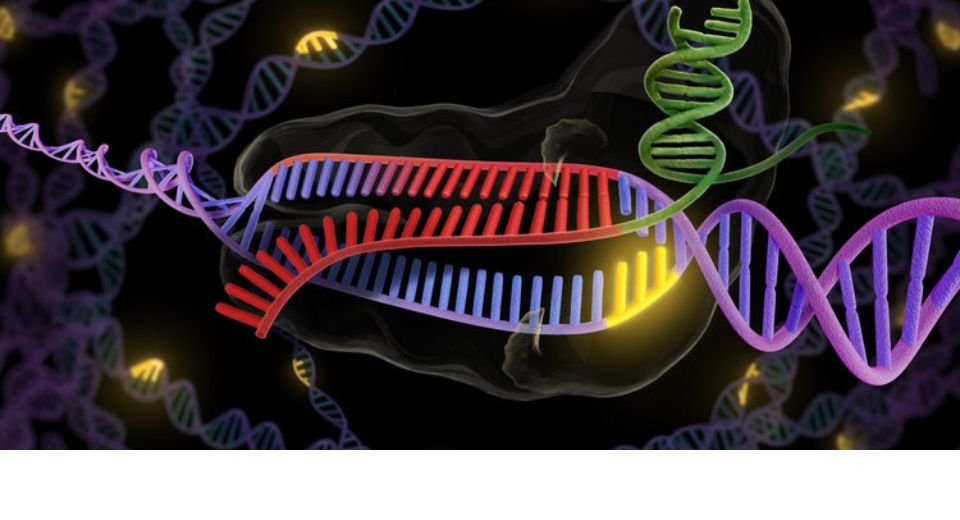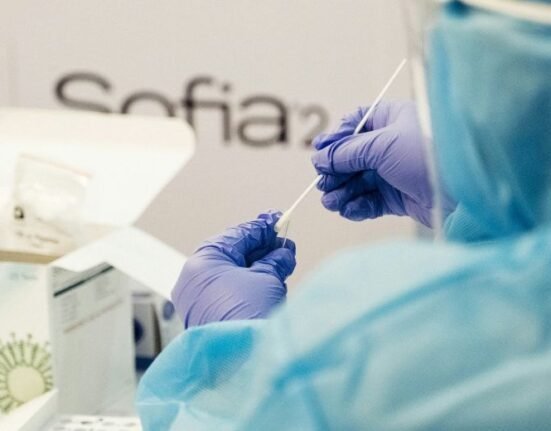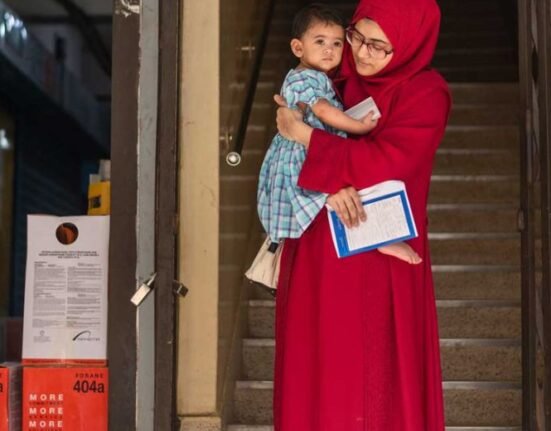HQ Team
May 5, 2025: The Global Virus Network warned of an avian influenza currently circulating in the US, spreading to humans and urged enhanced surveillance, biosecurity measures and preparations for a potential human-to-human transmission.
The network, a worldwide coalition comprising more than 80 Virology Centers of Excellence and Affiliates across 40 countries, called for continuous monitoring of animals, including testing of milk and wastewater and individuals working with infected animals, to track virus evolution that may lead to human-to-human transmissibility.
The outbreak has affected nearly 1,000 dairy cow herds and resulted in more than 70 human cases, including the first confirmed death in the US.
The US poultry industry is at significant risk, particularly in areas with high-density farming and where personal protective practices may be lacking.
The highly pathogenic influenza virus is circulating in all 50 states and Canada, resulting in the loss or culling of more than 168 million poultry in the US since 2022.
Transmissibility
While human-to-human transmission is not documented, experts warn that virus mutations and reassortments, or combining two flu viruses, could increase transmissibility.
“Understanding the current landscape of H5N1 infections is critical for effective prevention and response,” said Sten H. Vermund, MD, PhD, chief medical officer of the GVN and dean of the USF Health College of Public Health at the University of South Florida, USA.
“The virus’s ability to infect both animals and humans, combined with recent genetic changes, underscores the importance of proactive surveillance and rapid response measures.”
Accelerating the release of genomic data to track virus evolution and spatial transmission, fostering collaboration among global research networks, was needed, according to the worldwide body.
Using personal protective equipment and strict farm cleaning protocols to minimise human exposure and prevent virus spread, and increased funding and support for response mechanisms, particularly in high-risk regions, to manage outbreaks better, were the need of the hour.
Sequence data sharing
“Genomic surveillance is pivotal in tracking viral evolution and informing response strategies,” said Marion Koopmans, DVM, PhD, center of excellence director at the GVN and head of the department of viroscience at Erasmus Medical Center, Netherlands.
“Continued investment at the human-animal interface, and immediate sharing of unusual field observations and sequence data, is essential for researchers worldwide to monitor virus dynamics effectively.”
The virologists underscore the need for improved pandemic preparedness, drawing on lessons learned from the SARS-Cov-2 pandemic and previous outbreaks.
The government must encourage the development and rapid deployment of vaccines for humans and animals, focusing on farm workers. and prepositioned clinical studies need to be done to rapidly assess the properties of emerging virus strains and potential treatments.
There should be a focus on enabling rapid clinical studies to assess key properties of new pandemic strains, evaluate new vaccines and treatments, and support modelling efforts.
Monitoring efforts
Supporting a coordinated global response to track data, share research, and prepare for emerging viral threats to reduce community vulnerabilities and improve response strategies are other steps suggested by the virologists.
“Given the growing circulation of H5N1 among mammals, the GVN calls for urgent efforts to understand and interrupt transmission in cattle through herd management and potential vaccination,” said Ab Osterhaus, DVM, PhD, center of excellence director at the GVN and founding director of the Center of Infection Medicine and Zoonosis Research at the University of Veterinary Medicine Hannover, Germany.
“Strengthening surveillance at animal-human interfaces is crucial, as current monitoring efforts are insufficient to guide effective prevention strategies.”
Christian Bréchot, MD, PhD, vice chair of the board of directors and president emeritus of the GVN and director of the Microbiomes Institute and senior associate dean for research in global affairs in the USF Health Morsani College of Medicine, US, said: “We are advocating for community-driven strategies to ensure the successful implementation of vaccines, if necessary.
“The situation with H5N1 demands heightened vigilance and collaboration across public health sectors. Early detection and robust surveillance are critical to prevent further spread.”








